There are few things I want to do less than give this tribute to my father. The unflinching approach to reality he imparted had left me noticing his aging, and I was preparing to adapt, over time…. But my father never gave someone a challenge he thought them incapable of meeting.
All the wonderful things being shared about my father obviously come as no surprise to me, and I had so hoped to spend the next few years, hearing those things with him, but knowing how uncomfortable it would have made him to hear so much praise, as his own ability to act diminished, I have to appreciate that, as hard as this is on the rest of us, it was an ending with which he would have been satisfied.
I had hoped to spend the next years supporting him, as he always has supported me- my father has been at anything I asked him to be at, and volunteered for things I didn’t intend to subject him to… And The outpouring of remembrances from my friends, has reminded me, of how important it was to him, to know the people important to me. I was touched by the photos my parents saved, not only of me, but of Niki, Jeremy, Erica, Jason, Abe, and so many others. Many of my students and colleagues had stories, as they’ve driven out to Cal Poly Pomona for multiple events, marched with my students for a sustainable future, and for the rights of immigrants, and were happy to attend CPP sponsored Dodger games. Despite his years of public speaking at high-stakes events, family members have reminded me of how the event for which he showed some concern for his performance, was when called upon to officiate my wedding. He saw that a high stakes event. I think Navid would have stayed even with a minor error…. And the depth of his loss, is a testament to my father’s ability to welcome people into his family- completely. When you’re in, you’re in… That’s the for better or worse. And with my father, it was almost all better.
My father didn’t know how to be unproductive, and he will have posthumous work published (not a hint to his co-authors, or a comment on the reviewers- #2 I’m looking at you…), but the idea of slowing down, of doing less, of relaxing, was not at all appealing to him. Nor had it ever been.
Even now as he prepared to “retire” for the fourth time(?), he was finally finding the time to research our family history, finding a master’s thesis on one relative, connecting with ethnomusicologists while researching a family melody… he was organizing photos and records, and of course, gardening.
I’m not sure I ever remember my father reading a novel, though the books he gave me to read, were always meaningful. A Tree Grows in Brooklyn, The Yearling, Black Boy…. Ya know light childhood reading. He never binged anything on Netflix. But he wasn’t quite as out of touch with popular culture as we used to joke. I remember him telling me these films will change how movies are made, when he took me to 2001, and Star Wars.
To vacation with my father was not per se relaxing, but it was always educational. Weren’t there museums to see, history to be learned, culture to be appreciated? I can’t imagine a trip to a beach resort without a sustainability tour. And I have been to an embarrassing number of train museums. From the family albums, apparently my mother married him despite the train museums.
My father had a quintessentially east coast Jewish sense of humor. Political, ironic, dark, but never mean. He had a good chuckle when he learned the Jewish space laser conspiracy centered on high-speed rail, and we certainly have exchanged our share of dark political humor over the years. But he also would go long game on humor, in a way I don’t think most knew…. When my brother was roughly 8- around 1982 (fine I checked the year online), he saw the old chalice comedy skit redone by HBO as a short, and thought it was hysterical, so in typical 8-year-old fashion (and I have an eight-year-old with my brother’s smile), he made a few too many jokes about the chalice, begging my father to re-enact the skit for him. My father, good-naturedly threatened to do that as the toast at my brother’s wedding, if he didn’t stop…. Over the years, once in a while he would bring that up… Fast forward to 2004- Steve and Shirley’s wedding. My father gets up to give a toast, and he opens with the exact same, largely innocuous lines of the skit…. The look on my brother’s face was priceless. Of course, my father proceeded with a lovely toast, And I know only four people there got the joke… but it was epic.
My father did love baseball. Growing up in New York in the 40s and 50s, he and his Uncle Harold’s favorite escape was in the rooting for the underdog Brooklyn Dodgers. And many of you who may have attended games could have mistaken him for teetotal, as he almost never enjoyed a beer at a game. Why? Because once, during a restroom break- he missed a triple play. Fortunately, he stayed in his seat in 1988 for Gibson’s home run, and As a Brooklyn Dodger fan, he saw most of the greats play live, including Jackie Robinson. He also took me to some pretty amazing baseball games, and thanks to his busy travel schedule, I was frequently the lucky recipient of tickets, even when he couldn’t attend. My first Dodger Game went into extra innings, and the Dodgers won on a hit by Steve Garvey. Since we never leave early, we were at the game where the Dodgers hit four home runs in the ninth, though we also suffered through a game where they blew a 13 run lead…. I was at Orel Herscheiser’s first start as a Dodger at Shea with the somewhat traitorous but still beloved Uncle Harold who had defected to Mets fandom…. We’ve seen more than one win by pitchers like Valenzuela, and Kershaw… And I got 18 innings of world series baseball- in one game. No, I did not leave early. And I rode my bike.
Despite his impressive personal achievements, he told me, more than once, that the real influence he had and what he was most proud of, -were the people he had the privilege of working with, educating and developing. He told me, “Not very many people read academic papers, but the influence we have, is in not only the scholars we train, but the many students who don’t become scholars, but go into the world, carrying what we teach them, the messages, values, ideas, and ways of thinking that we impart.” He saw himself fundamentally as an educator, and that approach, allowed him to remain true to himself, his ideals, and his values. Because what he valued most -were people. And being an educator wasn’t a one-way street. He valued what students brought and he integrated it into his thinking and as a result he never stopped growing- challenging his own thinking. That this was the real value of being an educator, the opportunity to expand people’s minds, and in turn, have your own expanded. Recently I had the wonderful privilege of two of my own former students returning to guest lecture for our annual professor for a day campus event. I had them speak about research, about data. And they blew me away. They had this deeply compassionate, humane view of policy, of research, of data. I was shocked at how much of my father’s voice was in their words. When they ended with, and this is what you taught us Dr. Wachs…. It wanted to tell them it wasn’t really me. I was just passing on what I had lived.
One of my friends jokes that when you bring sociology (and my father was undecided between sociology and civil planning) to other disciplines, everyone thinks your brilliant, but one is just asking for people-centered, critically evaluated, long-term planning. And that was effectively the mantra of my life. My father imparted that fundamentally research is about people, and people’s lives. My father lived his life never forgetting that every equation, every budgetary decision, every funding priority, wasn’t a number on the page, it was people’s lives. And those lives were precious, valuable, worthy things. For my father, every person mattered and should be treated with dignity and respect.
And seeing the many wonderful students he taught, and the people they have become, and who my brother is, and who we chose to marry (Shirley and Navid), and who Leia and Ziya are, he will never be gone, and the world is better because he was in it.
I think the many tributes and accolades that continue to pour in would have overwhelmed my father. He was a practical person at his core. But that’s not his legacy. The legacy he leaves is a cadre of people committed to social justice and equity, and human-centered policy. And I am confident that the scholars, practitioners, and activists, he mentored can and will achieve this. And that will be his legacy.
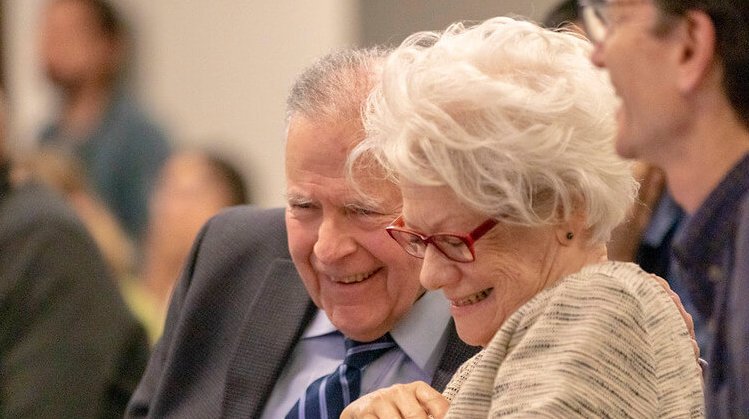
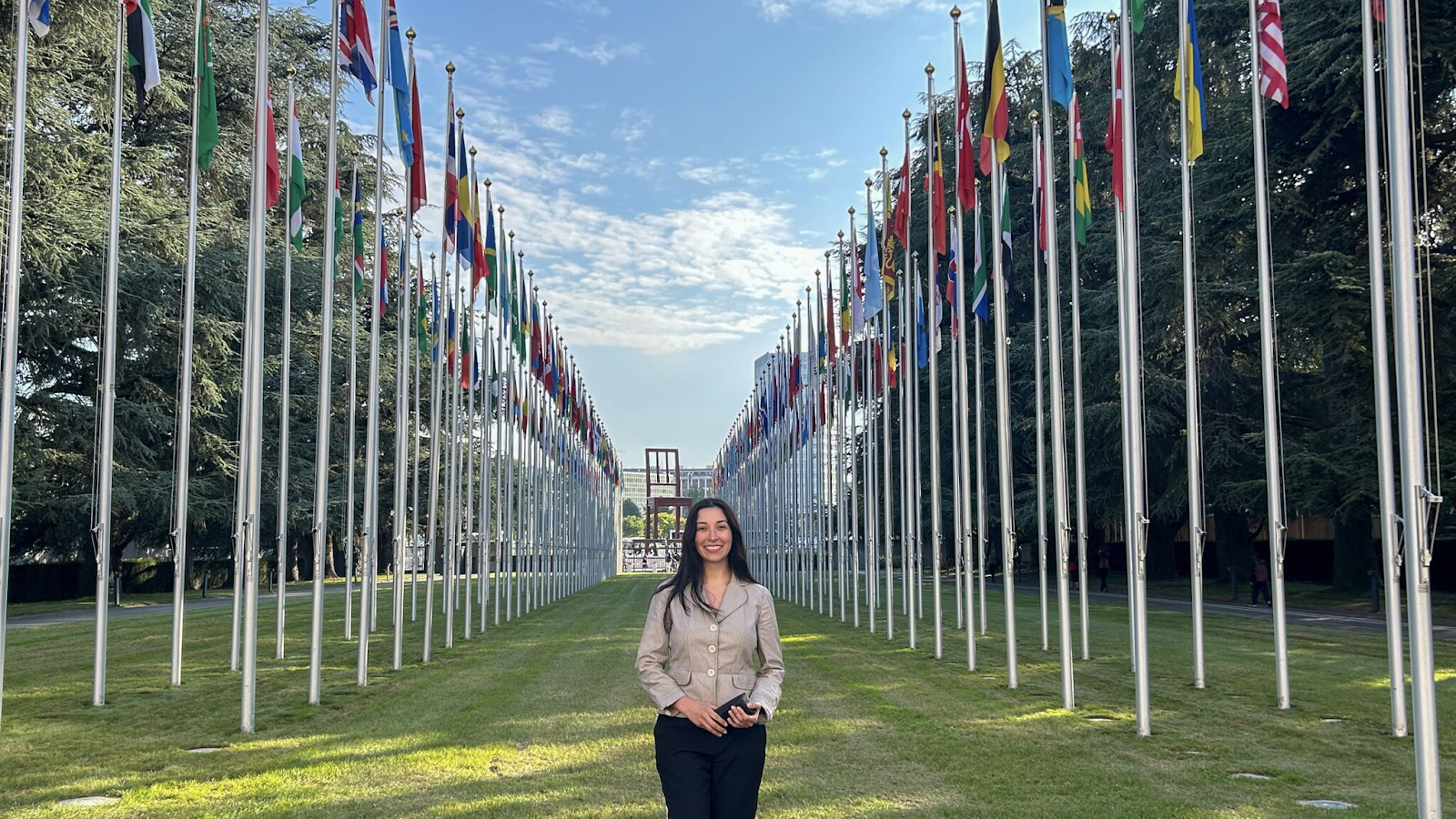
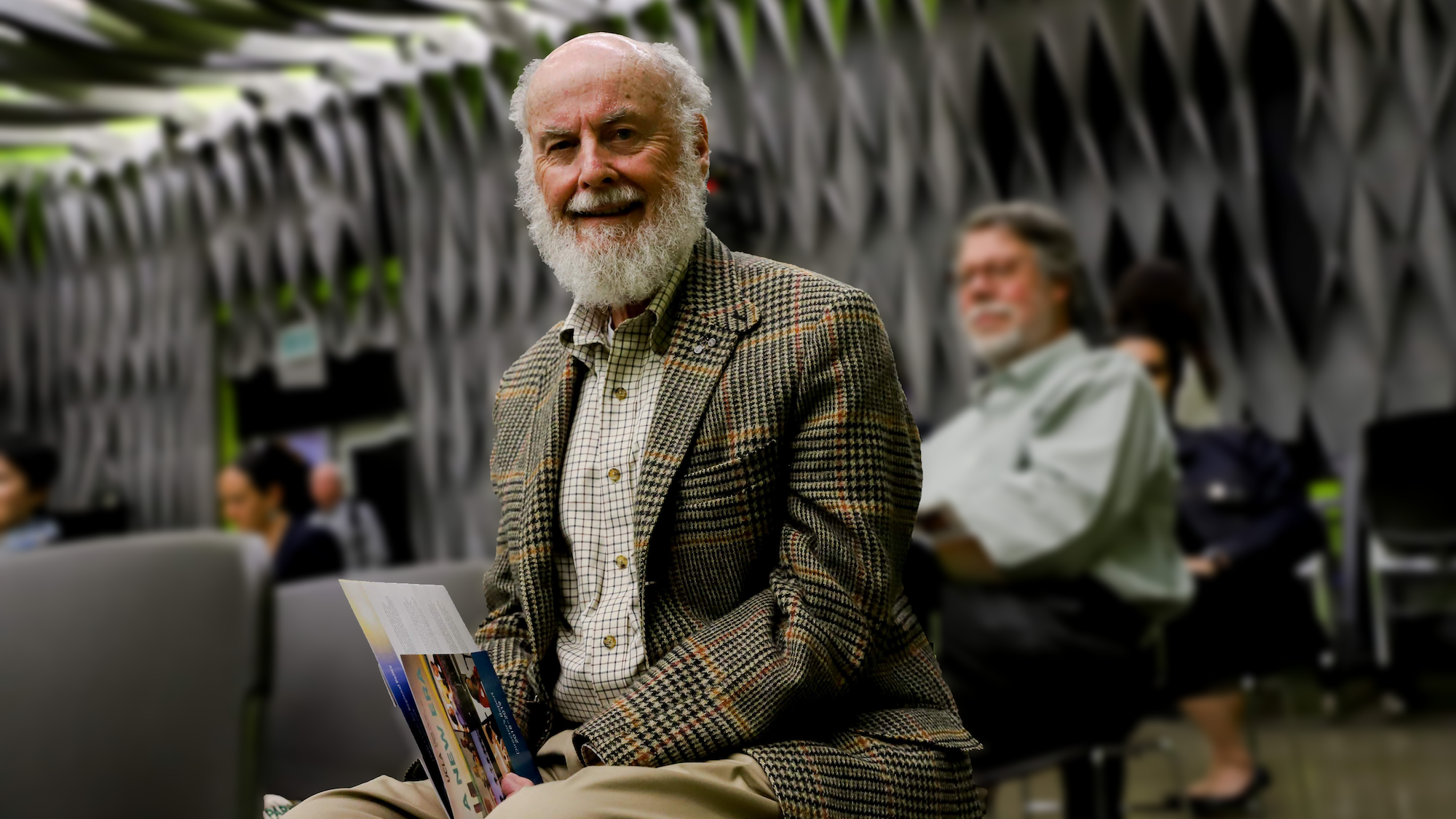



















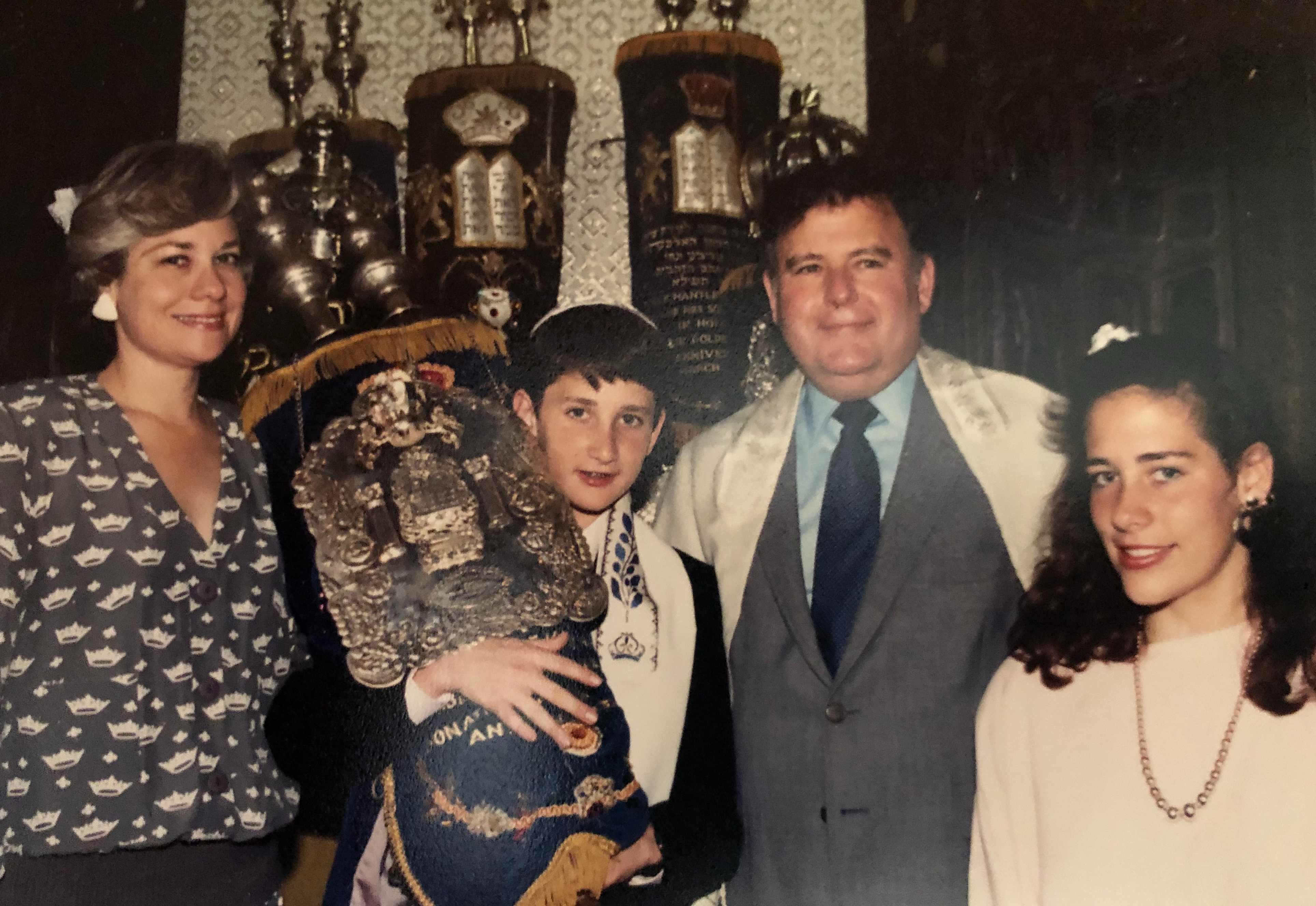





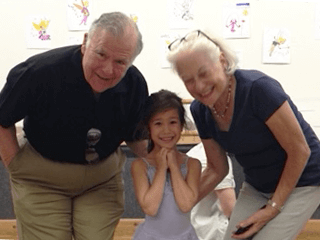
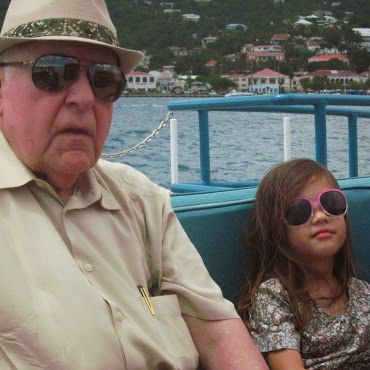
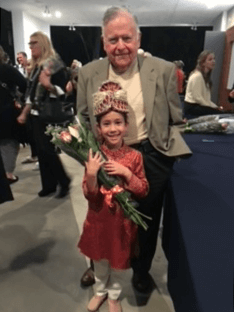
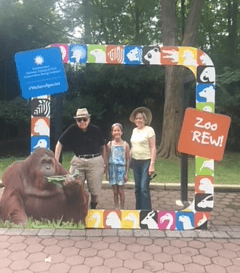

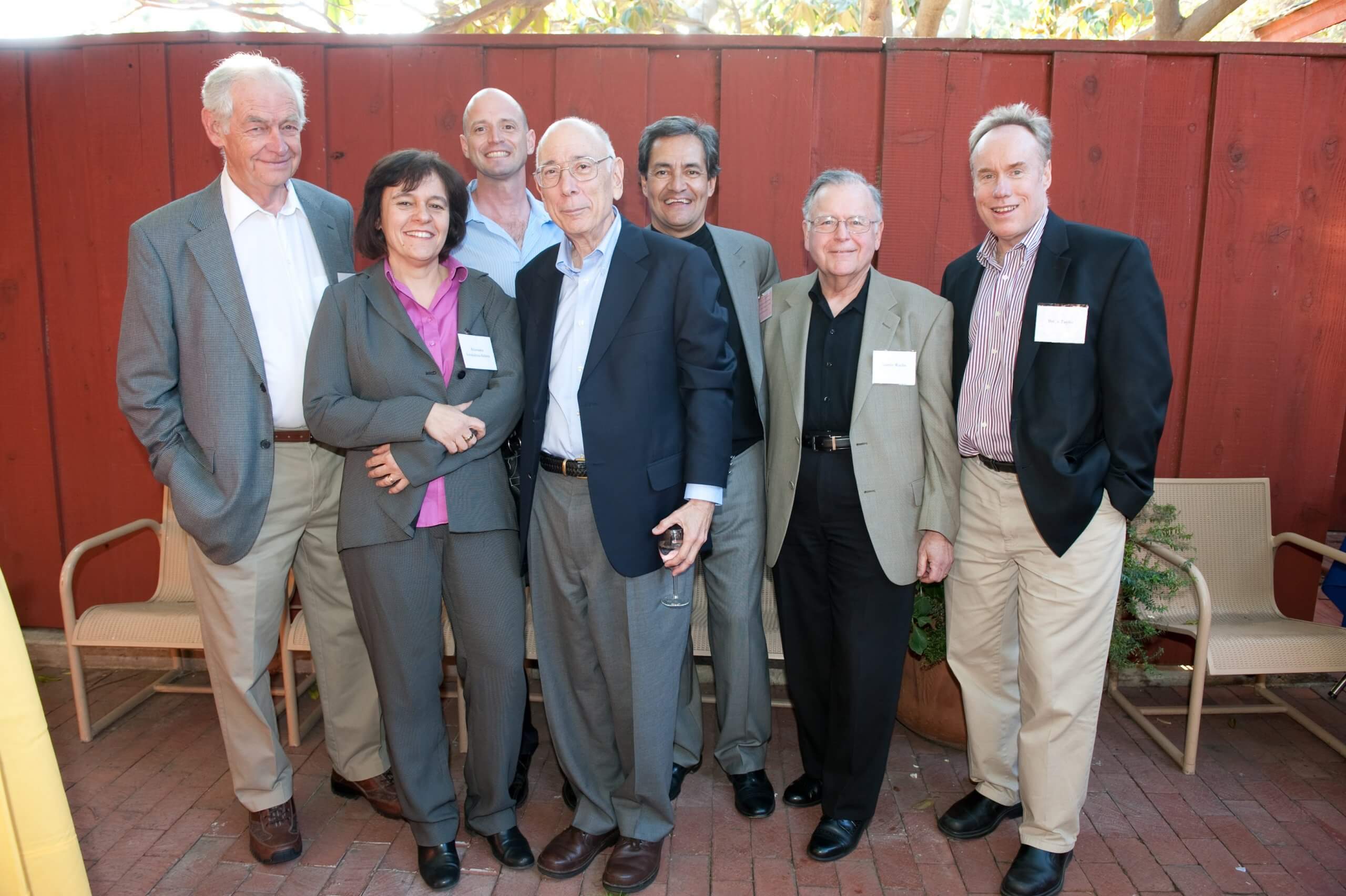
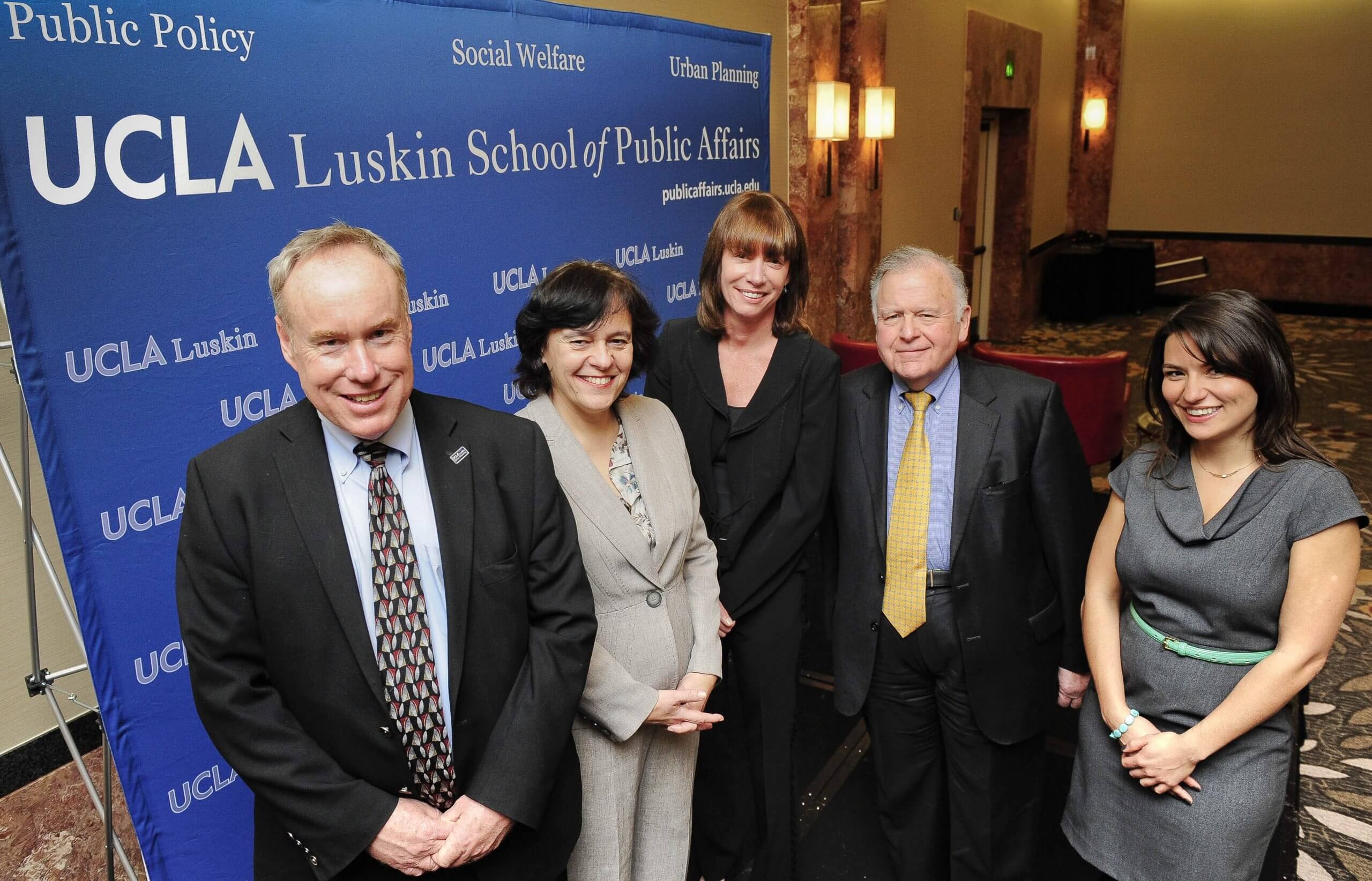

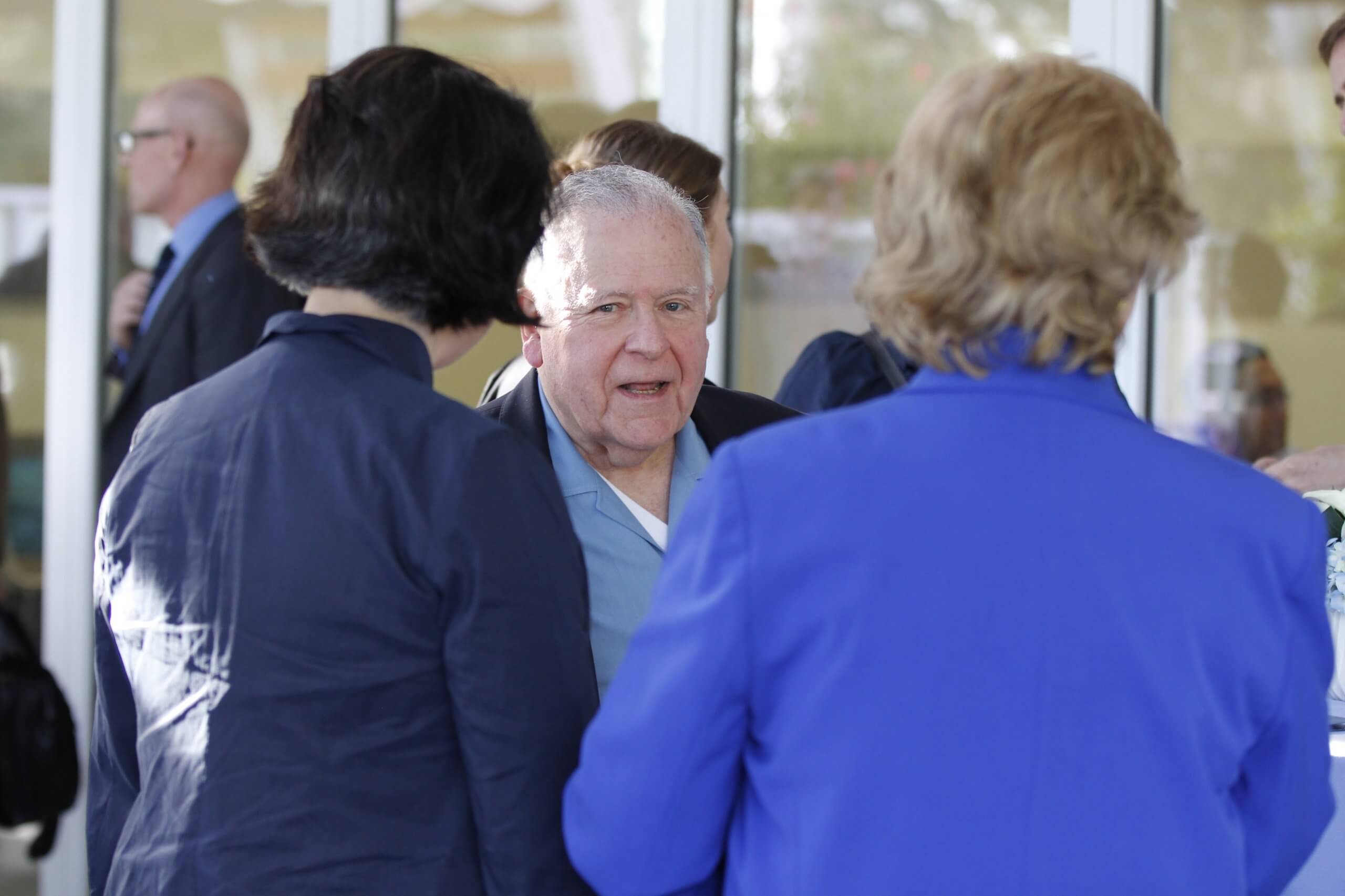
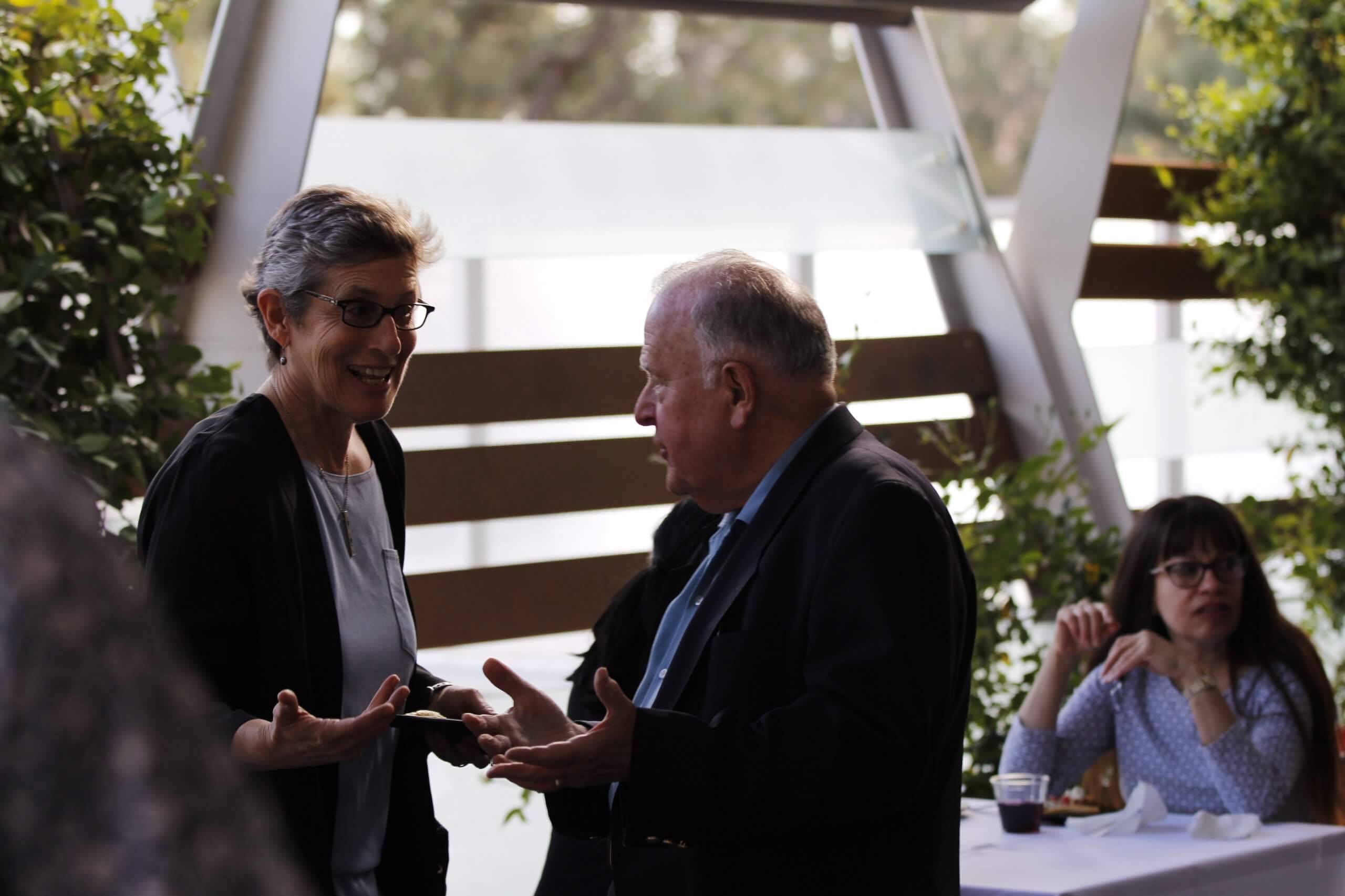
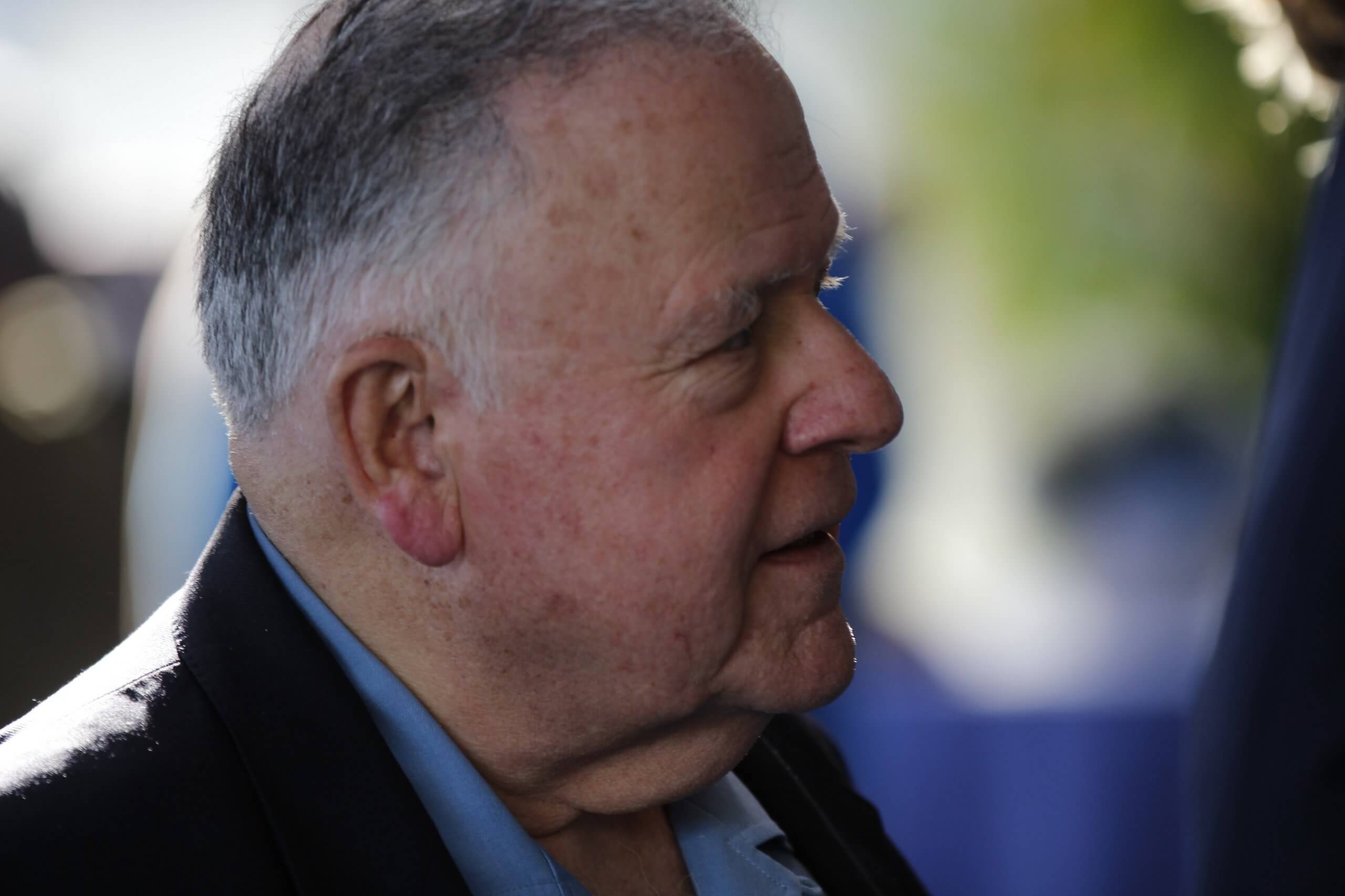
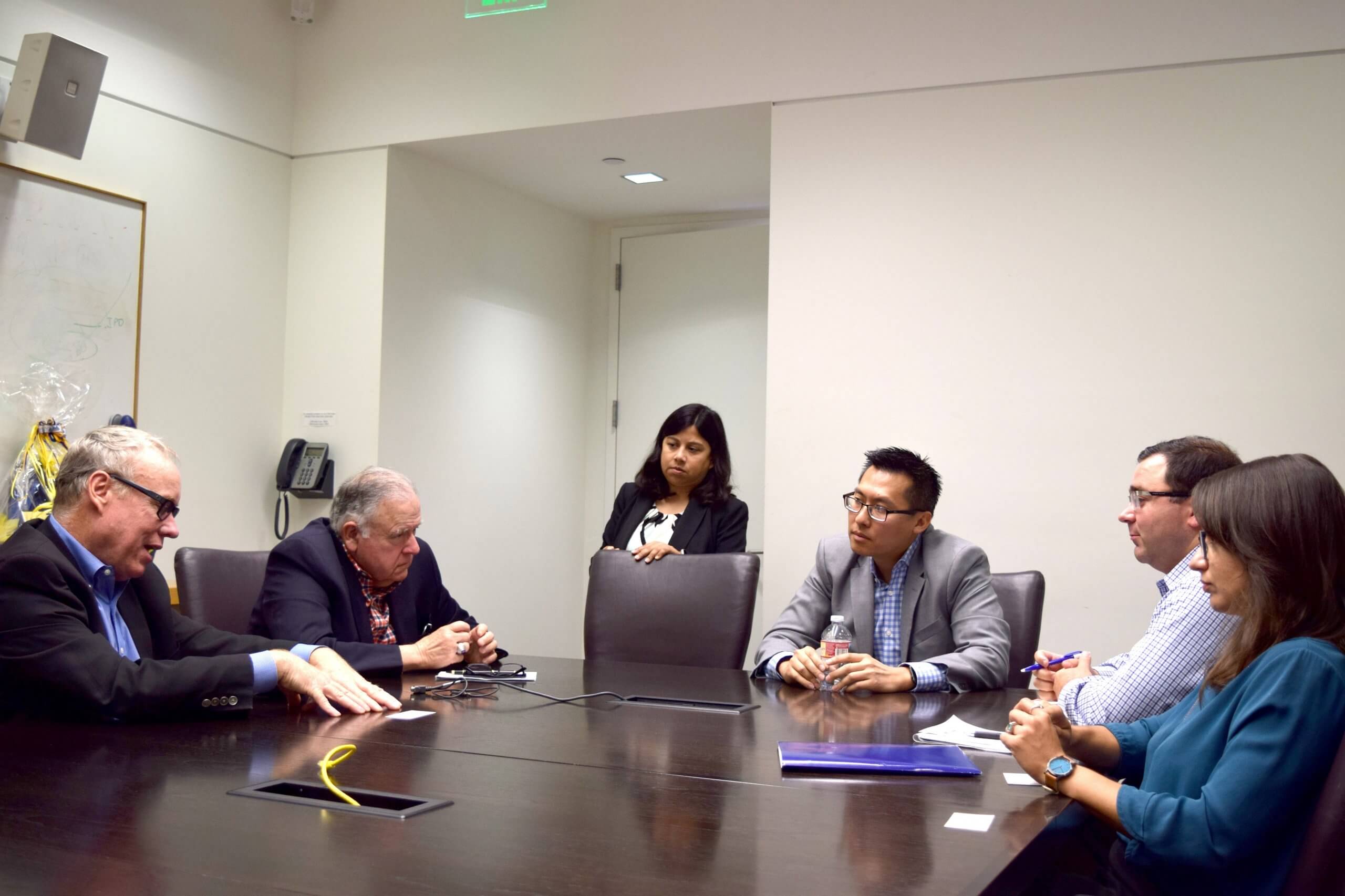
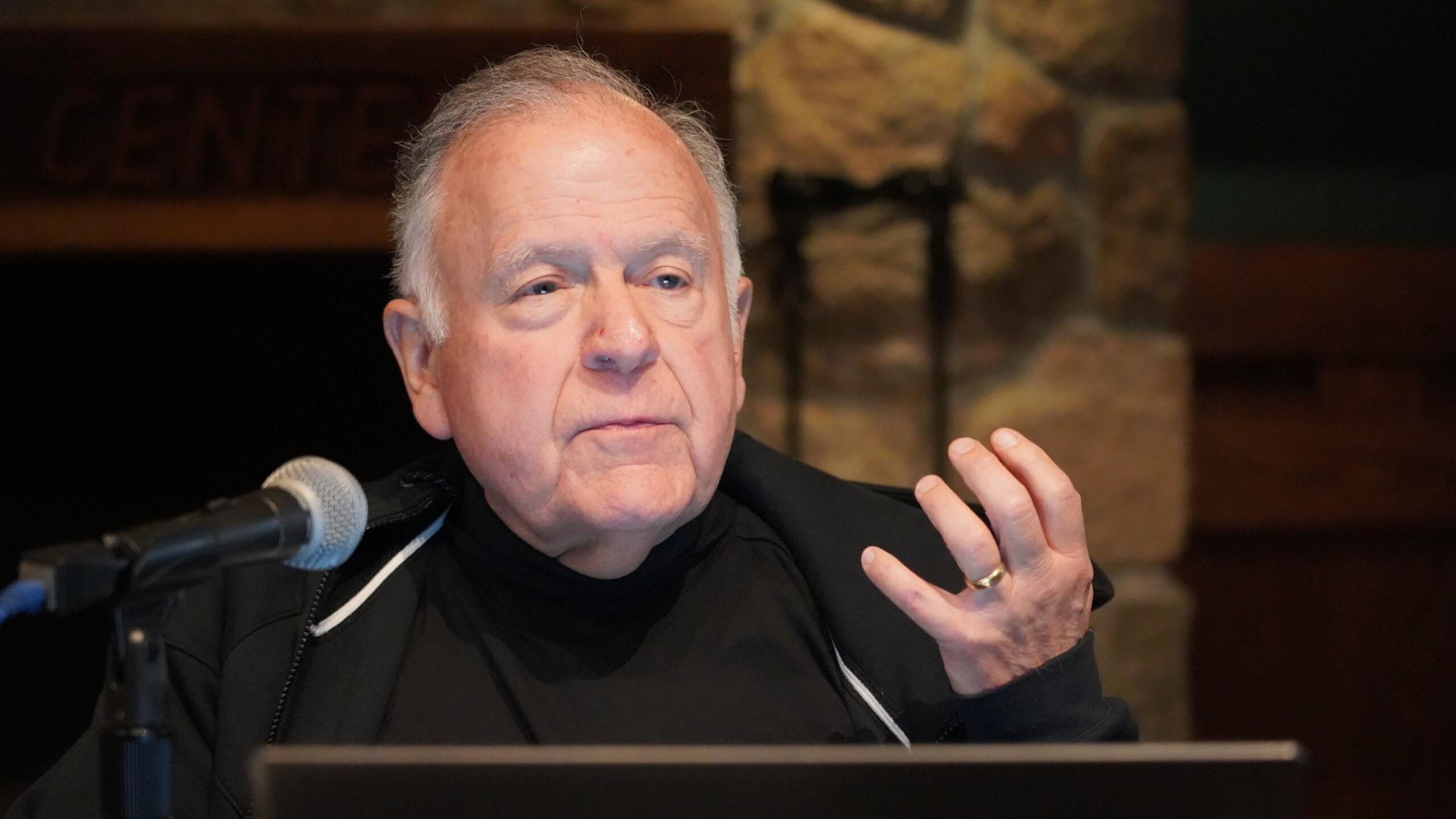
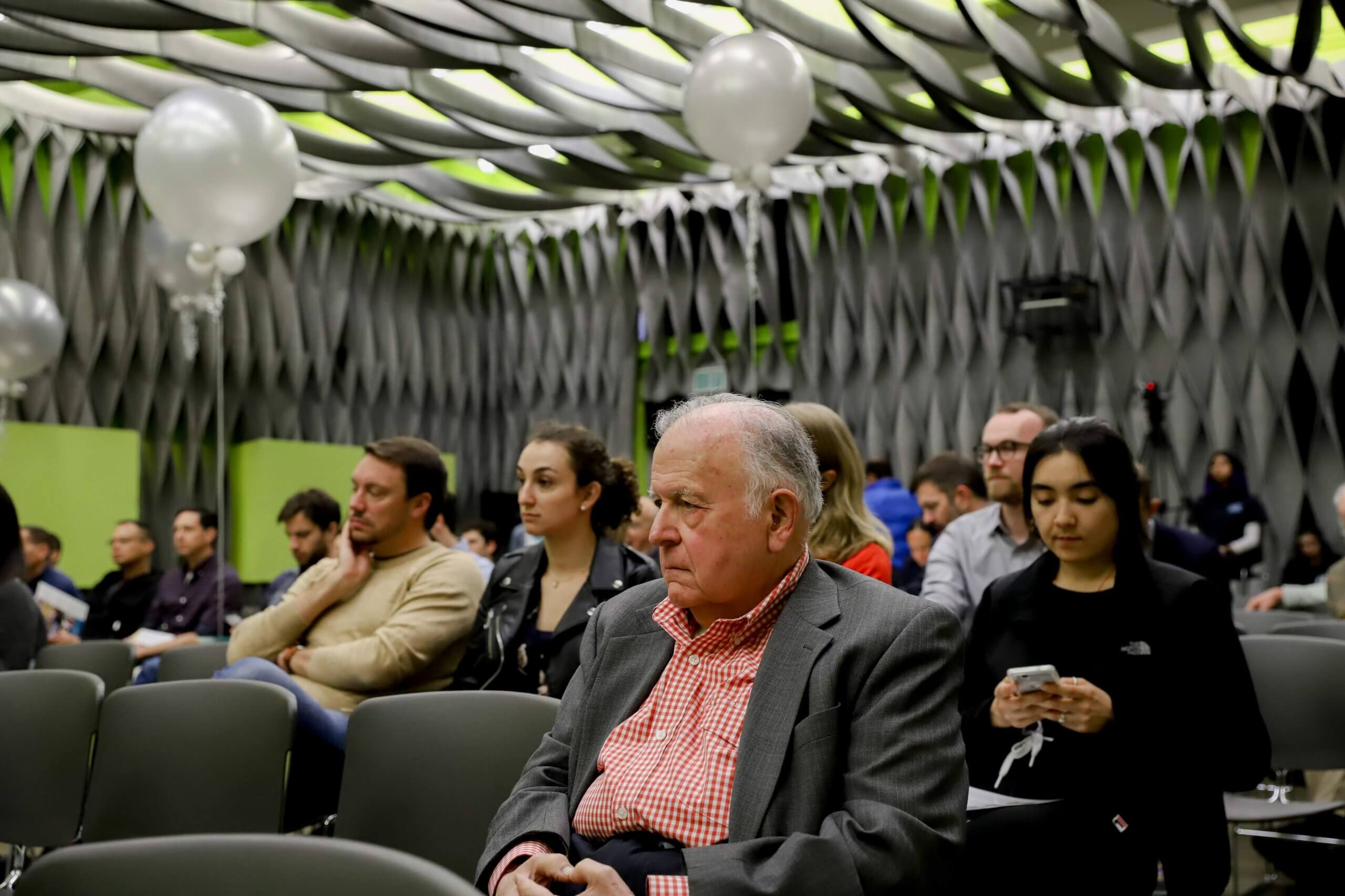
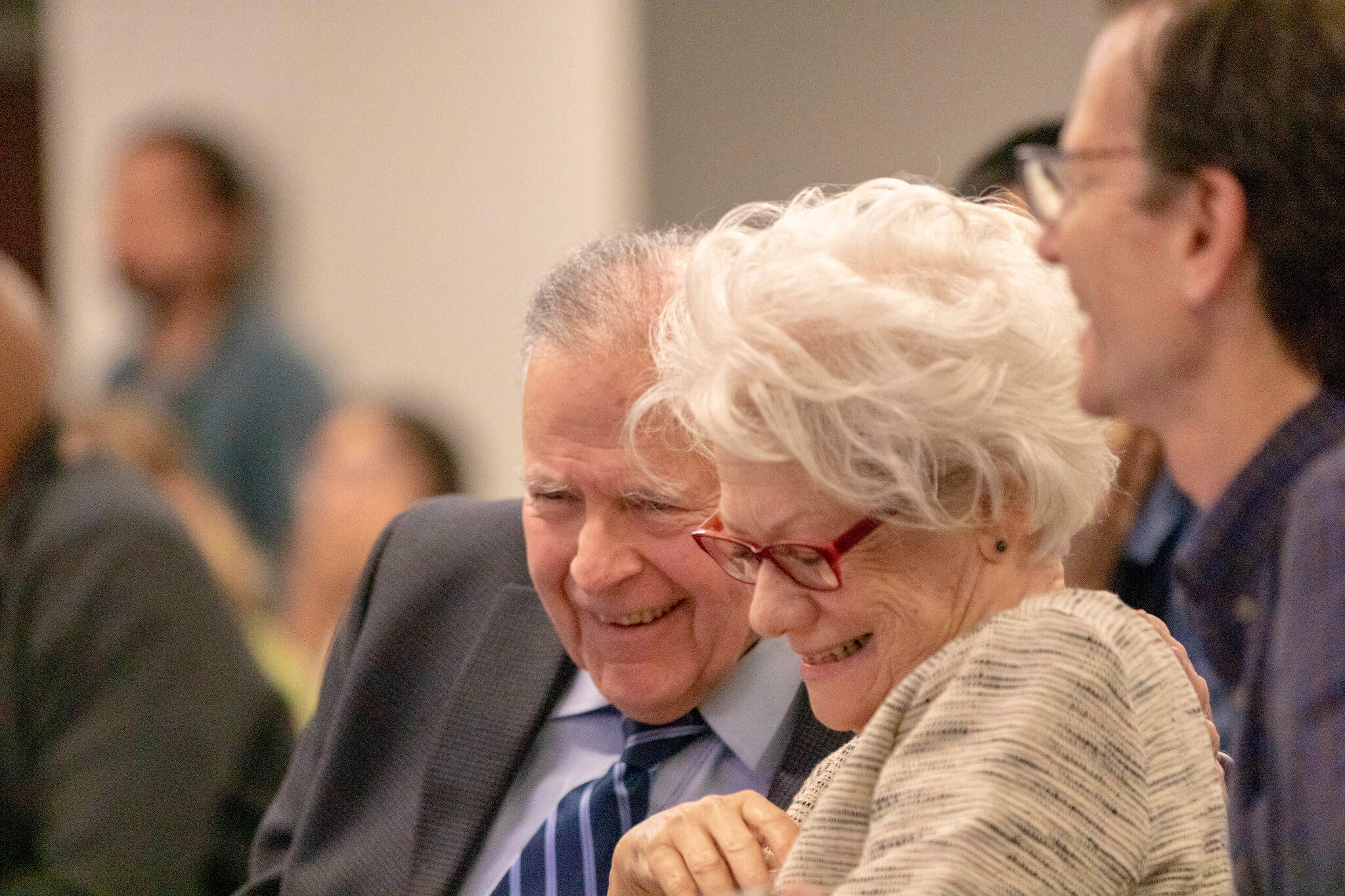
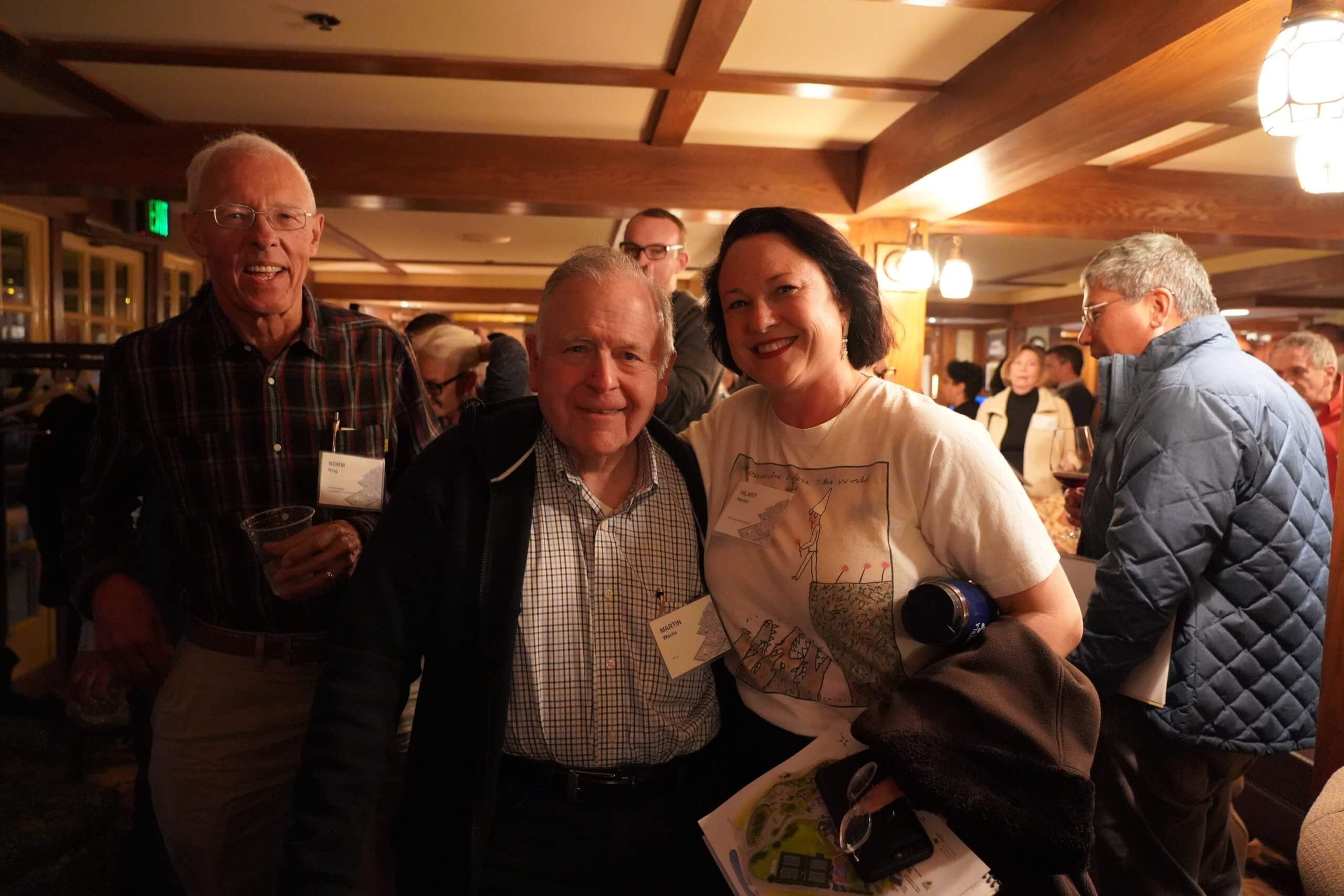
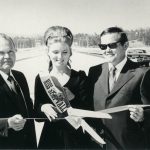



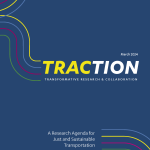
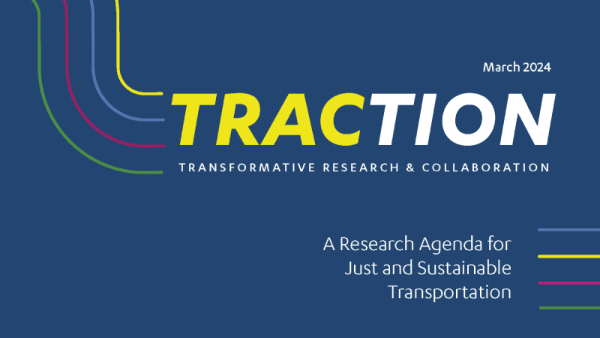
I had the great privilege of working with Marty on multiple research projects over the past several years. He was a brilliant academic, a devoted mentor, and an all-around good person. In addition to opening up a number of professional opportunities for me, Marty kept an eye on me whenever I was sick and was an invaluable resource through all of the ups and downs that come during a doctoral program. I will be forever grateful.
He will be missed. My condolences to Helen and the rest of the Wachs family.
This sad news just cuts right through ones being. Marty was the essence of a gentleman and a scholar and he was remarkable for his loyalty, friendship and complete dedication to the field of transportation planning. I did not study with Marty, but dear friends of mine did, and that is how he came into my orbit. That was enough for Marty, we cared about common friends and shared a commitment to the field of planning. We also had a common bond to Brooklyn, his native home and my adopted home, and Los Angeles his adopted home and a focus of my professional practice. Marty’s door was always open and he was always Generous with his time and eager to collaborate. When I wrote to him earlier this year, I was humbled to receive his response, which began with the words, “Dear Ben, it is always a pleasure to see your name in my inbox.” He then went on to answer my question and say that he would be receiving his first dose of the COVID vaccine at Dodger Stadium. We enjoyed a cyber chuckle when I pointed out the Brooklyn connection. Speaking with him a few years ago, he said to me, “I can’t retire because it’s all so interesting!” Marty interest was contagious and he shared it so generously with his students and colleagues. It is a gift that I will always cherish and it came with wisdom, insight and warmth. Thank you Marty, we will miss you dearly.
Even long into retirement, Marty was generous with his time and wise with his insights. I took over teaching one of his old courses on transportation and the environment, and he helped me immensely with the materials and framing. And he was genuinely curious and engaged—he wanted me to send him all the newer readings! He leaves a void in the department and field, and of course an even greater one for his family and friends. Condolences.
I am so saddened by this news. Decades after my time at GSAUP, I remember his warmth, his voice, and his caring. He had exceptional ability to made complex ideas seem simple and meaningful, and added so much to my experiences at UCLA.
Martin Wachs helped me many times over the years. He completed his Ph.D. in Civil Engineering (Urban and Regional Planning) at Northwestern, the unit and program in which I started my faculty career, and the program that had served as the model for the Stanford doctoral program I completed. Peter Gordon introduced me to Martin the year I transitioned to USC, so our association spanned more than 33 years. The world is a shade darker for all of us without him. I cannot think of any academic in any field who was more liked, valued, and respected for his work AND his character than was Martin Wachs. He was prepared to offer constructive help to anyone in his orbit, including me. When I took a sabbatical in the year between service as a department chair and one of the far too many vice deans at USC, Martin was on his third career at RAND and arranged space for me there to collaborate with the Pardee Graduate School and the Operations Research group. It was a fabulously productive year for me, and I really do owe it all to him and the assistance he so willingly provided. It was more than I deserved.
While I had heard of Marty beginning in my earliest years at Berkeley in the mid 1980s, I first met him when he gave an ITS Transportation seminar on transit crime at Berkeley sometime in the early 1990s. I still remember the seminar quite vividly for its clarity, surprising results, and skillful mix of quanitative analysis and qualitative insight. I immediatly incorporated the work into my teaching and enjoyed lecturing about it, perhaps because it gave me an opportunity to “be like Marty” (a pale imitation of course) when I delivered the lecture.
Later on, he joined the Berkeley faculty and served as the Director of Berkeley ITS with a joint appointment in City Planning and Civil Engineering. He really changed the tone of the CE Transportation Engineering group and ITS by making sure that everyone felt comfortable and stressing the importance of treating everyone with respect. I remember the years when Marty was a Berkeley with great fondness.
I remember second-year students saying how interesting and fun was Marty’s Finance class so, after some deliberation, I’ve decided to take it. I, of course, was a bit skeptical but since week 1 I was totally sold. Marty not only was a great professor but his lecture was a total inspiration for me and the way I currently see and relate to transportation planning and policy. He will for sure live on in our memories.
May the family and friends find peace and comfort soon.
I can still remember getting a phone call from Marty when I was a senior at UC Davis who had applied to the MA program at UCLA. This was in 1987, so the call came out of the blue (no email to schedule it). I had read his work and was amazed that he would actually call and talk to me. That was the first of many experiences that demonstrated his commitment to his students. Of course I went to UCLA, and I was lucky enough to have Marty as my advisor again at UC Berkeley a decade later for my PhD. It’s hard to put into words his impact on my career and life.
I hope you’re doing well in this difficult time.
As with so many on this list, I owed so much to Marty. Not only was he a great professor when I was at Berkeley in the late 1990s, but I have my current position because of him. I initially reached out to ask if he would be a reference on a job search, and instead he asked if I would consider working for him at RAND, where I remain today. And he was so humble. One year he was a keynote speaker at TRB, and the next day he was sitting next to me in a cramped contractor conference room for a review of a project we were working on for traffic safety in the military. Many people who worked with him at RAND had no idea he was such a giant in the field. Such a decent, kind person who will be sorely missed, both professionally and personally.
Marty was a gentleman and a scholar and a mensch. As many of the comments note, he helped and inspired many of us in all three departments.. His family and students and colleagues were lucky to have him in their lives. We all have just a brief time to do good deeds. Marty used his time well. He will be in the thoughts of many for many years. What a life. What a man.